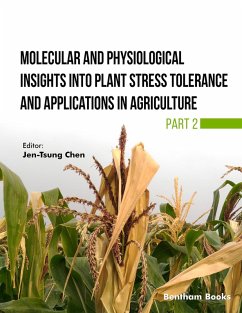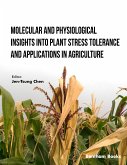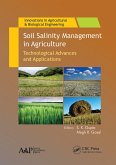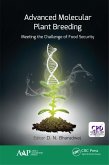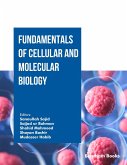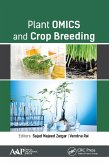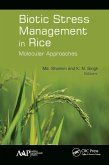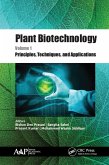Key Features
- Explains aspects of plant genetics central to research such as the role of cytosine methylation and demethylation in plant stress responses, and the importance of epigenetic genetics in regulating plant stress responses.
- Explores how Late Embryogenesis Abundant proteins affect plant cellular stress tolerance with an emphasis on their molecular mechanisms and potential implications.
- Focuses on beneficial microorganisms including rhizobacteria, endophytes, and mycorrhizal fungi, which are expected to be alternative fertilizers with the advantages of being cost-effective, toxin-free, and eco-friendly.
- Highlights the potential use of endophytic bacteria for protecting crops against pathogens
- Presents an in-depth analysis of the molecular level to understand the impact of ATP-binding cassette transporters on plant defense mechanisms with a discussion of the potential anti-pathogenic agents based on terpenes and terpenoids.
The content of the book is aimed at addressing UN SDG goals 2, 12, and 15 to achieve zero hunger and responsible consumption and production, and to sustainable use of terrestrial ecosystems, respectively.
This comprehensive resource is suitable for researchers, students, teachers, agriculturists, and readers in plant science, and allied disciplines.
Readership:
Researchers, students, teachers, agriculturists, and readers in plant science, and allied disciplines."
Dieser Download kann aus rechtlichen Gründen nur mit Rechnungsadresse in A, B, BG, CY, CZ, D, DK, EW, E, FIN, F, GR, H, IRL, I, LT, L, LR, M, NL, PL, P, R, S, SLO, SK ausgeliefert werden.

